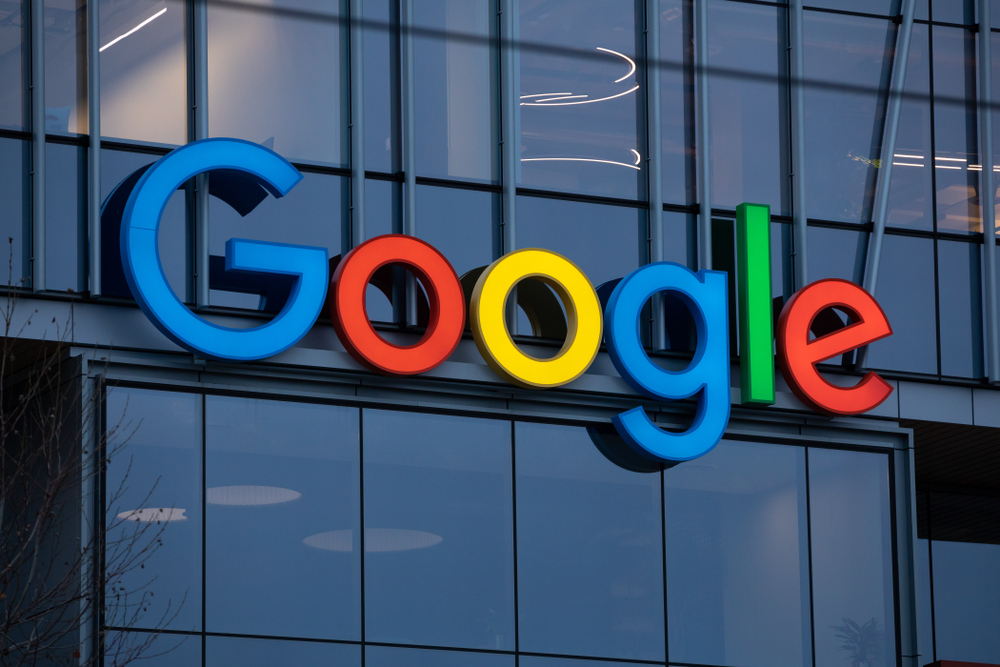Google's recent revelations about its cutting-edge artificial intelligence chips for data centers, known as Tensor Processing Units (TPUs), and the unveiling of an Arm-based central processing unit called Axion have caused quite a stir in the technology and investment community. This announcement marks a significant step forward in cloud computing and artificial intelligence technologies, putting Google at the forefront of the race for leadership in this highly competitive environment.
Advanced AI capabilities in the cloud
Google's TPUs are evidence of the move towards advanced AI. The uniqueness of these chips, available exclusively through Google's cloud platform, highlights a smart strategy to drive platform adoption and user engagement. Given the growing role of AI in various industries, Google's TPU offering is not just an alternative to Nvidia's advanced AI chips, but a cornerstone in cloud AI services.
Axion's strength: Beating the standards
The introduction of the Arm-based Axion processor comes at a time when high performance and efficient computing are more crucial than ever. Particularly compelling is the claim that Axion delivers superior performance compared to both generic Arm chips in the cloud and the current generation of x86 chips from Intel and AMD. The promised performance improvements of 30% and 50%, respectively, speak to compelling engineering capabilities.
Gross performance of the new chips
The TPU chip's ability to operate in large modules and achieve twice the raw performance of its predecessors is a monumental leap. Combined with advanced liquid cooling to ensure optimal performance, Google is clearly pushing the boundaries.
For investors, this reflects a robust infrastructure capable of handling the most demanding AI and machine learning challenges, opening up a wealth of opportunities in industries ranging from healthcare to autonomous vehicles.
Looking to the future
The integration of the Axion chip into services such as YouTube Ads is a clear signal of Google's confidence in its technology. As these chips become widely available through Google's cloud, investors should keep a close eye on adoption rates and performance feedback, which will be critical in evaluating the long-term success of this effort.
In conclusion, Google's technological advancement with Axion and TPU chips is not only a leap forward in cloud technology and artificial intelligence, but also a strategic move to capture the next wave of cloud computing growth. For potential investors, this represents an opportunity to be part of a transformational journey with one of the giants of the technology industry. [1]
[1] Forward-looking statements are based on assumptions and current expectations, which may be inaccurate, or on the current economic environment, which may change. Such statements are not guarantees of future performance. They involve risks and other uncertainties that are difficult to predict. Results may differ materially from those expressed or implied by any forward-looking statements.


